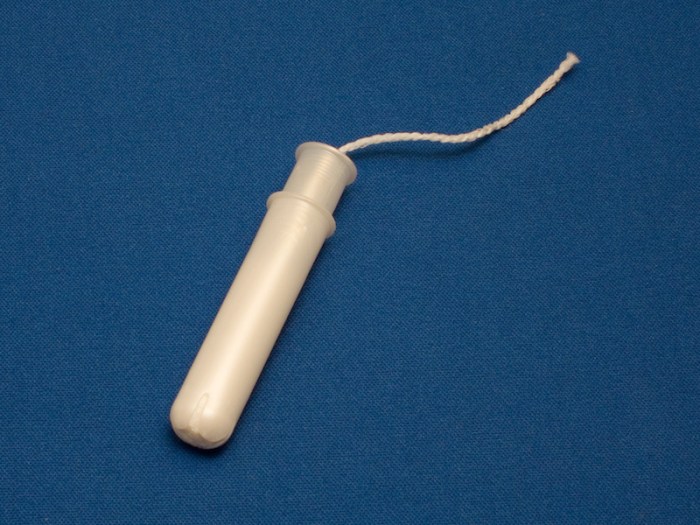With April 15 fast approaching, many of us are scrapping together the paperwork we’ll need to file our 2014 taxe return. While nearly half of all millennials use tax software to do the job themselves, Forbes reports that many are actually doing it wrong.
Does your Uber ride count as a tax deduction?

iStock
The result? Less money in your pocket.
There are actually tons of deductions and credits out there to help you cash in at tax time. First, you’ve got to know the basics. A deduction essentially reduces your taxable income. (In other words, it brings down the amount of your income that the IRS is able to tax.) Work-related expenses typically fall into this camp. Can you deduct a dinner out with coworkers? Don’t bet on it. But transportation expenses incurred while running from one work meeting to the other may be on the table, depending on your situation. (Charitable contributions are also tax deductable.)
Tax credits are different in that they allow qualifying tax filers to directly subtract the amount of the credit from whatever they owe at tax time. The IRS actually offers loads of individual credits that can significantly impact your tax return. (The Earned Income Tax Credit is one you may have heard of.)
Now that you’ve got the basics down, read on for a handful of killer tips for winning the tax game this year. Sophia Bera, a certified financial planner and founder of Gen Y Planning is here to help.
CONTRIBUTE TO A RETIREMENT ACCOUNT
For many 20-somethings fresh out of college, kicking in for retirement is the last thing on their minds. But the truth is that many millennials actually qualify for an awesome tax credit for doing just that. The Savers Tax Credit is geared toward rewarding low- and moderate-income people for beefing up their retirement funds.
“It’s my favorite tax credit, and it applies to any type of retirement account,” says Bera, who adds that those who qualify can get between 10 and 50 percent back through the credit.
For example, say you kicked in $2,000 to your work 401(k) last year. Depending on your income, you could get back anywhere from $200 to $1,000 when you file your taxes.
“That little contribution that’s automatically taken from your paycheck can really help lower your tax bill,” says Bera.
Plus, you’re building your retirement fund at the same time: win-win.
CONSIDER CHANGING YOUR WITHHOLDING
If you got a big tax return last year ($1,000 or more), you may want to think about changing your withholding. It might make sense to first understand what a tax return actually is. According to Bera, it’s basically a return on a loan you gave to the government during that tax year. If you don’t adjust the amount you withhold from your paycheck, you aren’t fully leveraging your tax power.
“It’s basically like giving the government an interest-free loan,” says Bera.
The Chicago Tribune suggests adjusting it so that you leave more money in your paycheck. Then redirect that cash to your retirement fund, which could also snag you a tax credit in the process.
PAY TAXES ON YOUR SIDE HUSTLES
The majority of us have a few side gigs we’ve got going, which is a great way to bump up your take-home pay. But it’s crucial to remember that you absolutely have to pay taxes on this income. If you think you don’t have to claim a $1,000-freelance job on your taxes, you’re wrong.
“If you’ve got a side hustle that brings in $5,000 to $10,000 a year, that’s significant,” says Bera, who adds that paying quarterly taxes is the smart way to go. “If you don’t, you could have a major tax bill when you file.”
Plus, owing back taxes is crazy-expensive. According to Bera, it comes with some of the highest fees and interest rates you’ll ever pay.
























